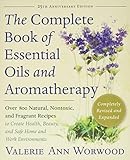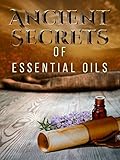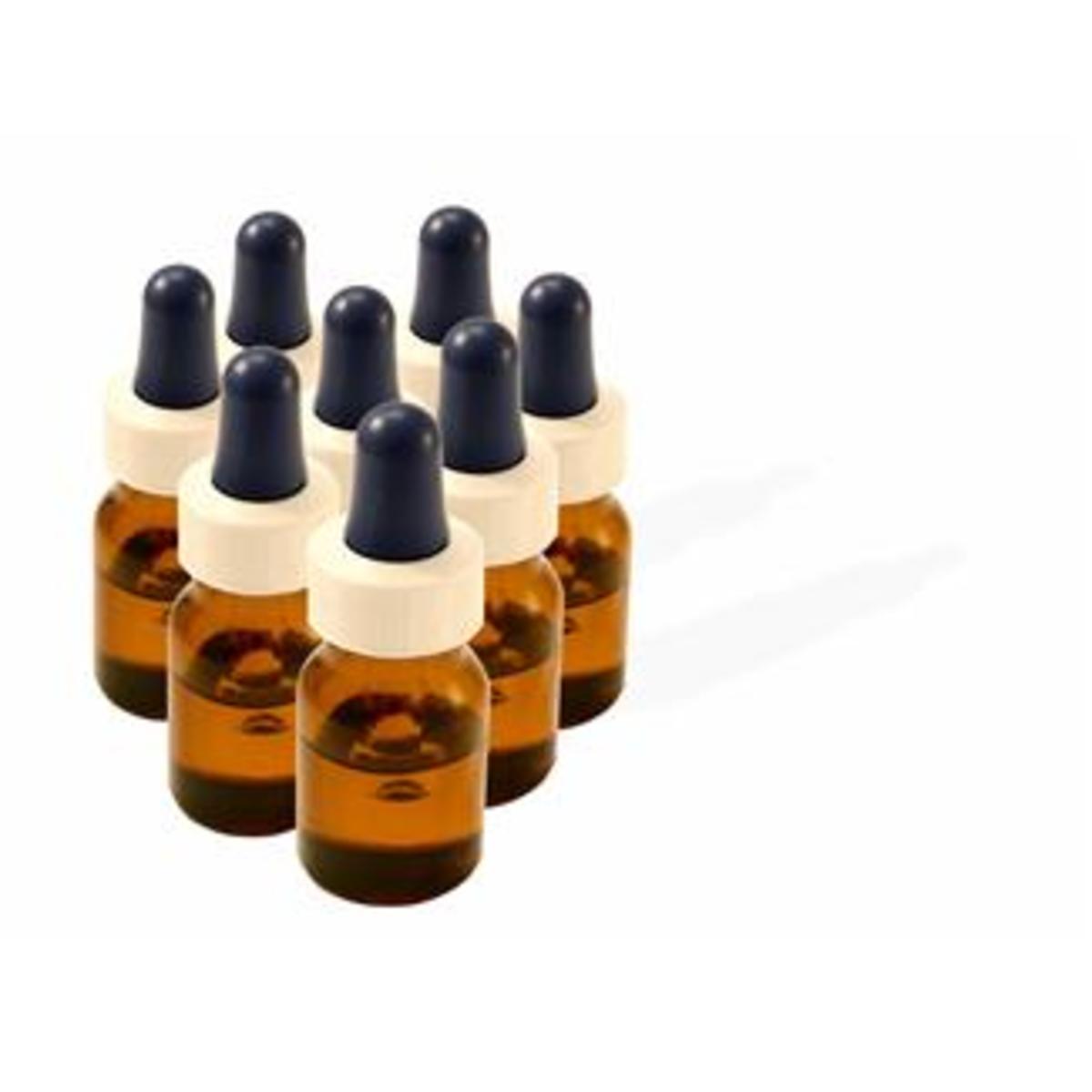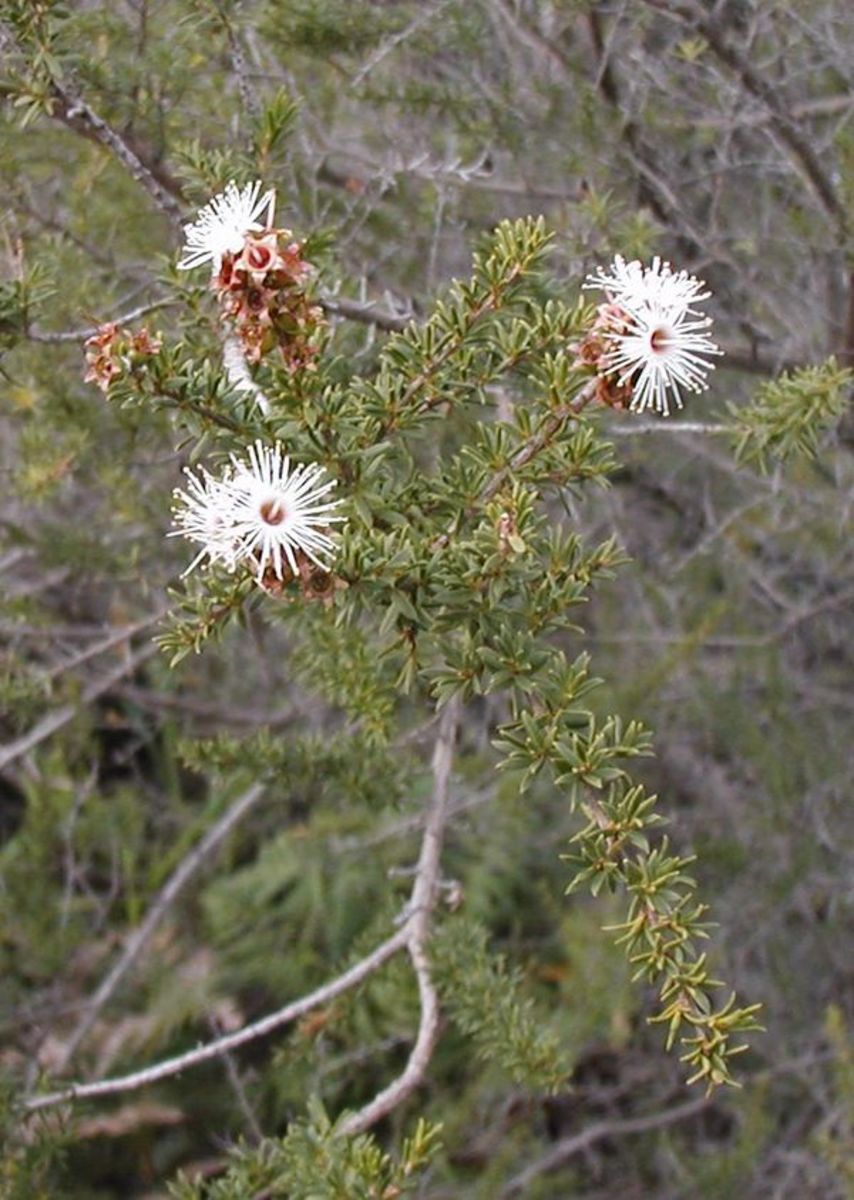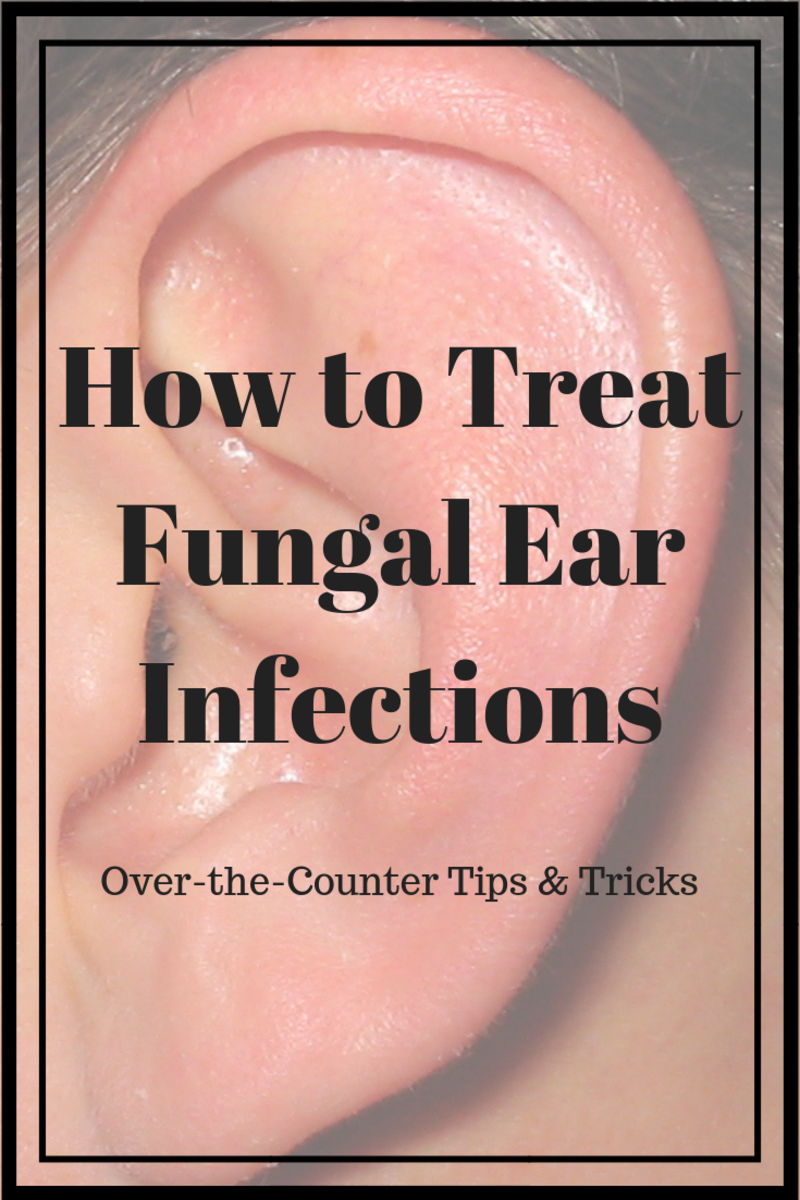Properties of Therapeutic Grade Essential Oils
Distilled Essential Oils

About Therapeutic Grade Essential Oils
Depending on what your plant source is, the essential oils can be extracted from various plant parts. It could be the leaves, stem, bark, root, or flowers. There are two methods to gather those essential oils: distillation or extraction. Whatever processes are involved in attaining the essential oils from a plant material, the key to producing therapeutic grade essential oils is to preserve the aromatic compounds and other properties in the oil that help produce its benefits.
Therefore, when people refer to therapeutic grade essential oils, it refer to essential oils that are of the highest quality. There are several factors that can contribute to the depletion of the oil quality such as extremely high temperature, extremely high pressure, and some other processes that can destroy the chemical constituents of the oil.
Essential Oil Books on Amazon
Importance of Oil Quality
Essential oils are the main components used in aromatherapy to provide healing and other therapeutic benefits. It also provides other form of health benefits, whether physically, psychologically, emotionally, and mentally, which is another reason for its increasing popularity. In order to achieve those results, you need to use an essential oil of the highest quality. This can be achieved by opting for therapeutic grade essential oils.
Natural essential oils contain several chemical constituents, which are responsible for providing the benefits to the body. The chemical compounds make the oil effective in treating a wide range of illnesses. These chemical compounds are often recreated in several manufactured oils and fragrances but the natural essences from oils are difficult to mimic in the laboratory. Hence, natural and high quality essential oils have no substitutes when it comes to providing the health benefits to the body.
Young Living Therapeutic Grade Essential Oils
Which is Better: Therapeutic or Organic Oils?
Research in the medical field have already established that organic oils are superior to non-organic oils. This is mainly due to the growing conditions and processes. Non-organic oils are those oils extracted from plant materials that use chemical substances such as fertilizers, pesticides, and other toxic materials to improve produce. Meanwhile, organic oils are derived from plant materials that are grown using organic farming methods. Thus, there is no danger of any chemical residue that might deplete the quality of oil.
When it comes to examining which is the better choice between therapeutic grade and organic essential oils, there is another factor that is being examined: the process of attaining the essential oils. Both therapeutic grade and organic essential oils are derived from plant materials that are grown using organic farming methods. Thus, both are assured of not having chemical components or toxic substances that can be harmful to an individual when used in aromatherapy.
However, therapeutic grade essential oils go far beyond just ensuring the growing methods used for the plant materials. It also follows an intricate process of extraction to ensure that its natural chemical constituents that provide therapeutic properties to the oil are preserved. There are several factors during extraction that can result to the destruction of such therapeutic properties such as the type of cooking equipment used and the level of temperature.
Essential Oil Videos on Amazon
What Makes Therapeutic Grade Essential Oil?
In order to produce therapeutic grade essential oils, there are four factors to consider. Each stages in the preparation and extraction of essential oils, regardless of the plant sources, are designed to preserve the highest possible quality of essential oil to use.
The first step concerns the specie selection. If you want to produce the best, then you also have to choose the best sources. The same applies with producing essential oils and you need to allot enough time when choosing.
Next, you have to create a healthy growing condition for the plant variety you have chosen. You also have to look into the growing methods used to ensure that not only are the natural chemical constituents are preserved, but that no other toxic substances are introduced into the plant.
The harvesting methods are also essential to ensure that all efforts during the first couple of stages are not put to waste. Timing is the key here and you need to educate yourself on when is the best time to gather your produce.
Lastly, the oil extraction process is the pivotal stage in making therapeutic grade essential oils. There are several factors during extraction process that could deplete the quality of essential oils, so you have to take note of every aspect of the extraction process.
How to Overcome Depression Naturally--Therapeutic Grade Oils
Specie Selection
Once you have a specific plant in mind to grow in order to produce therapeutic grade essential oils, spend enough time researching on the best varieties for that specific plant. This will help you get a step ahead when you reach the stage of extracting the oil to ensure that they are of the best quality. Then, study the cultivation methods for that specie to naturally cater to the development of its beneficial properties when used in aromatherapy.
Growing Condition and Methods
When choosing the ideal growing condition for your plant materials, it should have the following qualities:
- must be distant from any sources of pollution or toxic substances, such as factories, industrial buildings, and the like;
- if the soil naturally lacks the proper nutrients required for growing the plant, you can supply it with trace minerals, enzymes, and organic bio-solids;
- make sure to provide a sufficient drainage system for your plants.
Importance of Proper Harvesting Procedures
Here are some tips when harvesting produce to extract the best quality therapeutic grade essential oils:
- Determine the peak of the plant's growth to ensure that all of the beneficial chemical constituents are present in the plant material.
- The ideal harvesting time within the day is in the morning. The plant's ability to produce large amounts of essential oil depletes as the day wears on.
- In some cases, extraction of essential oils happen on-site to avoid exposing the plant materials from pollutants and other toxic materials.

Extracting the Oil
When distilling the plant materials to produce the essential oils, it is ideal to use stainless steel cooking equipment. This will help ensure that the natural chemical compounds in the oil are preserved. Meanwhile, keep a close eye on the plant while you are distilling them.
In this process, there are three major contributors to the depletion of essential oil quality: the temperature, pressure, and length of time.
More Essential Oils information
- Taruna Oils - The Taruna Oils Organization
Taruna Oils offers therapeutic grade aromatherapy and essential oils for mind, body and spirit. These oils are life enhancing gifts from nature

